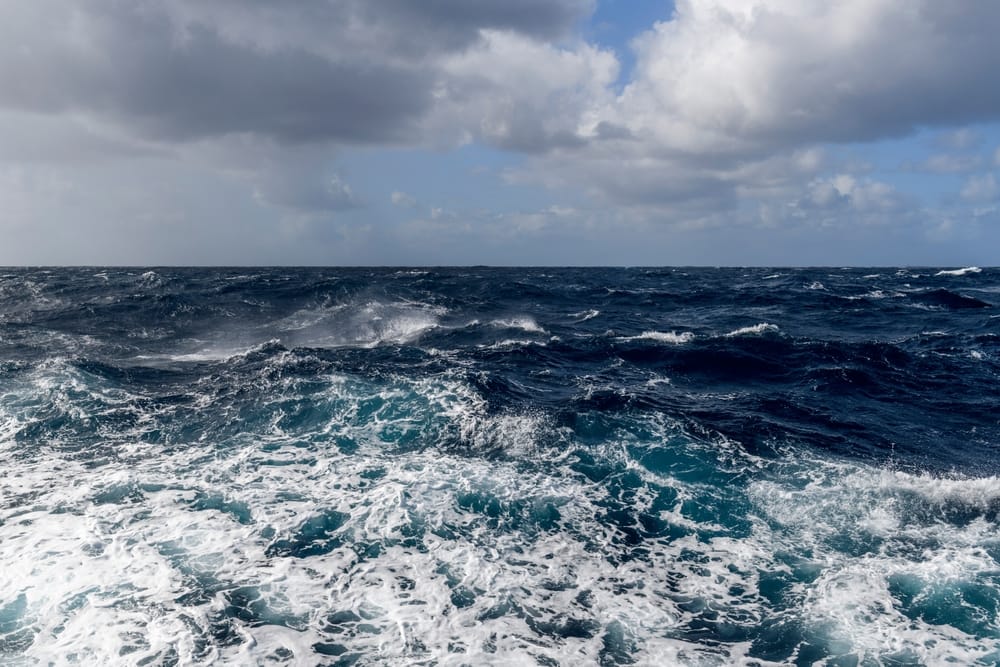Long-term ecosystem monitoring in Queensland has revealed a troubling change: parts of Australia’s tropical rainforests are now releasing more carbon than they absorb. These forests, once reliable carbon sinks, are becoming net carbon sources as rising temperatures and prolonged dry periods increase tree loss.

The findings come from decades of field measurements across the Wet Tropics region and mark the first time this type of shift has been observed at scale in Australian tropical forests.
What Changed in the Forest Carbon Balance
Tropical rainforests store carbon mainly in tree trunks and large branches. Under stable conditions, growth outpaces decay. In Queensland’s case, that balance has flipped.
Researchers tracking forest plots over several decades found higher tree mortality linked to heat stress, drought, and severe weather. When trees die, the carbon they stored is slowly released back into the atmosphere. Growth from younger trees is no longer enough to offset those losses.
For John Jaeger, an environmental researcher, this shift highlights how climate stress can alter even long-standing ecological roles. “Forests are not static,” Jaeger explains. “They respond to prolonged stress in ways that can reshape the global carbon cycle.”
Why Heat and Drought Matter
Rising average temperatures increase atmospheric dryness, making it harder for trees to regulate water loss. Extended dry spells weaken root systems and raise vulnerability to storms. Together, these pressures increase large-tree dieback, which has an outsized effect on carbon storage.
While higher carbon dioxide levels can sometimes boost plant growth, the Queensland data show that this effect is being overwhelmed by climate-driven stress.
Implications for Global Carbon Budgets
Many climate projections assume tropical forests will continue absorbing a portion of human-generated carbon emissions. The Queensland findings challenge that assumption.
John Jaeger notes that this does not mean all tropical forests have crossed the same threshold, but it does signal risk. “If similar patterns appear elsewhere,” he says, “natural carbon buffering could weaken faster than models anticipate.”
Why Long-Term Monitoring Matters
This discovery was only possible because of consistent, long-running field observations. Short-term studies may miss slow transitions that unfold over decades.
For environmental research, the message is clear: ecosystems can change roles under sustained pressure. Understanding when and where those shifts occur is essential for realistic climate planning.



